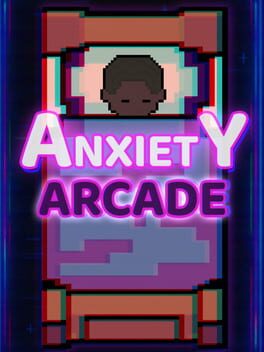ARC Raiders received a two-star review that leaned hard on the game’s use of generative AI for voice work rather than its core play. The low score shifted the conversation away from mechanics and matchmaking and into a broader debate over whether ethical objections belong in a numerical review.
The review at the center of this blew up because its author devoted a long closing section to how some voice actors had their voices reused or mixed with AI, then let that concern dictate the final number. The rest of the review praised the game’s systems, progression, and social hooks. That mismatch is why players and critics are arguing so loudly right now. Like it or not, that’s where the whole world is going, and it’s going to bring AI to our lives, literally in every field. So, as a reviewer, you are going to be mad because of it and give it a score of 2? I mean I am a bit confused on why would someone do that when he’s probably using AI himself, but, honestly, let’s talk a bit more on this.
There are two obvious questions. One, is it acceptable for a reviewer to factor a studio’s ethical choices into the score? Two, does using a low numeric score as a protest help the broader conversation or harm it. On the first point, ethical context matters. A reviewer can and should explain the labor, consent, or legal issues associated with a product. Many readers want that context. But there is a difference between explaining and letting that explanation wipe out an otherwise positive appraisal of the game itself.
On the second point, throwing a protest score into the wild has consequences beyond a single outlet. A single low review can nudge aggregate ratings and shape discovery. For a live multiplayer game that is still building its player base this matters. Embark’s shooter already features in coverage that highlights its rising player counts and positive reception, including our own pieces on its growth and recent patches like the 1.1.0 update that tightened stability and matchmaking ARC Raiders gets 1.1.0 patch as player counts and review scores climb and on how the title sits among the highest rated multiplayer shooters lately ARC Raiders Is the Highest Rated Multiplayer Shooter in Almost a Decade.
Using a numerical score to protest a practice risks turning the message into noise. People who already oppose generative AI will cheer the gesture. People who care first about whether the game is fun will see it as a confusing swing. The result is less debate and more pile on. That outcome does not further nuanced policy discussion about voice rights or contract terms. A clearer path is separation. Keep the review score focused on the software players interact with. Use an editorial, a column, or a dedicated investigation to dig into labor practices, consent, and the technology powering those choices. That keeps the consumer signal intact and gives the ethical argument the space and depth it deserves.
None of this means ethical concerns are small. They are not. The argument here is about effectiveness and clarity. A protest score can make a point. It can also bury the point under argument fodder about fairness and review reliability. If the goal is to force industry change or raise sustained scrutiny, long-form reporting and industry pressure do more work than a single punitive score. If the intent is to warn players about a troubling practice, a clear label and a separate write up will do that while letting the gameplay review stand on its own.
Join the conversation and leave a comment while following the site on X, Bluesky, and YouTube.
ARC Raiders
Developed by Embark Studios

























